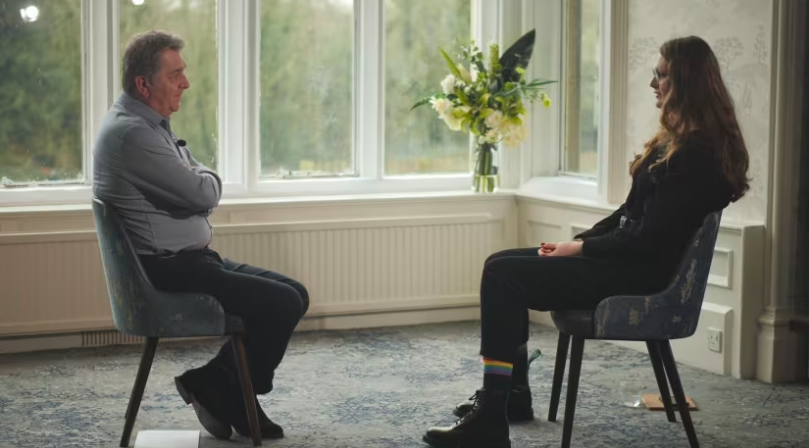Since coming out as trans in 2020, cyclist Emily Bridges has faced hurdle after hurdle to compete in a sport she has loved since she was nine years old.
When she first came out, she was initially met with support and admiration. But just two years later, she became the face of a toxic debate about trans women in British cycling. Despite meeting the testosterone requirement, the Union Cycliste Internationale (UCI), the sport’s world governing body, released a statement revoking Bridges’ eligibility to compete.
In 2023, British cycling banned trans women from competing in the female category and announced an “open category” as an alternative. Bridges posted on Instagram in response, calling British Cycling a “failed organization.”
In her first broadcast interview since the ban on trans women, Bridges expressed her concerns about the “open category.” She stated that she does not feel safe competing against men and dislikes the fact that trans women have to “out” themselves in order to compete in the category.
Bridges said she will take her fight to court, but her love for cycling has soured after her experience.
“It’s not something I allow myself to think about too much because that part of my life is gone now, and it’s not something I really want to do anymore,” she told ITV News.
“If we were allowed to compete, if I was allowed to compete, it would be a different conversation,” she added, “but I can’t compete…I can’t do something I used to love.”
Despite the hardships Bridges has faced, she finds comfort in knowing that she is blazing a trail for future generations. After being included in Vogue 25, a list of women who are “defining – and redefining – Britain in 2023,” she said, “For the first time in a long time, life has meaning and purpose. I wouldn’t have gotten through this without those around me, and I’m so grateful and lucky to have you all in my life. I love you all so incredibly much, you mean everything to me.”


What Do You Think?